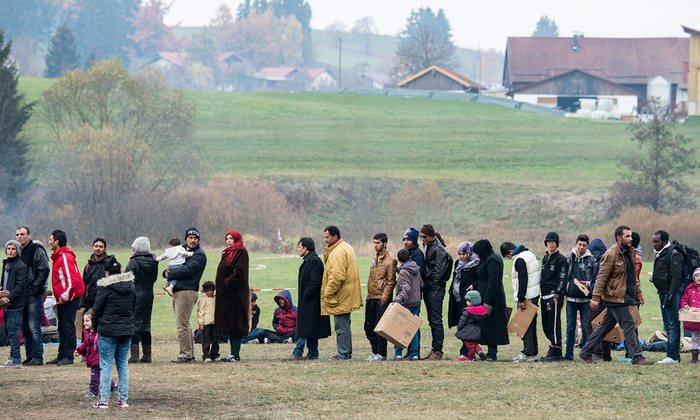What does it practically mean to not have Greek citizenship? Or to be stateless?

What does it mean for a person born and raised in Greece to not have Greek citizenship?
- No birth certificate. Only children of Greek citizens have the “right” of a birth certificate.
- No Greek Identity card. The official document proving his identity is the passport.
- No political rights. Meaning no right to vote and stand in local, national or European elections.
- One cannot study easily abroad, in other countries of the European Union. He is considered a third country citizen, so apart from the student visa he needs, he has to pay 3 times more the fees also.
- One cannot live and work freely in other countries of the European Union. He is considered a third country citizen, so he needs a residence and working permit to live and work legally.
- One cannot travel freely abroad. To travel abroad, one needs a residence permit (or a sticker). Most kids have a certificate saying that they have submitted their documents and are waiting for their permit to be issued. Usually though, the permit is issued only after it has already expired.
- No full access in the labor market. For some professions, the Greek nationality is considered a must. In particular, to give an exam at the Lawyer Association to get a professional license, give ASEP, work in the public sector (services, schools, hospitals) or get into some military schools, a prerequisite is to have the Greek nationality.
- One needs a residence permit to live legally in the country he was born and raised in.
All of the above apply for children who do not have access to Greek citizenship but have access to the citizenship of the country of origin of their parents. There is big number of children though who – for various reasons – do not have access to any nationality, ie are stateless. These children, in addition to the above, still have to face even more serious problems.
A stateless person is recognized as a citizen of no country. Officially, these people do not exist, because they are not registered in any «population register / municipal roll» of any country in the whole world.
This person does not have any official document that proves his identity. He/She cannot get an identity or a passport. What does that mean?
A stateless person cannot:
- Get SSN, to work legally and be secured
- Rent a house
- Open a bank account
- Get a driver’s license
- Study at a University
- Get married
- Travel in a foreign country (neither in the same country if using an airplane)
- Make any transaction with the state
- Get a residence permit
According to the Charter for Human Rights, everyone has the right to citizenship. In Greece, the law says that people who are born in Greece and proven to be stateless automatically get the Greek citizenship. However, this law is not applied.
This moment, there are children born in Greece, who are not recognized neither as Greek citizens, nor as citizens of their parents’ country of origin. It is a very complicated procedure to prove that someone is stateless. Someone must go through a committee, which will examine his request and decide if he is stateless or whether he lacks a passport. According to the second, the person cannot get a passport from his country of origin. This may happen for various reasons, mostly bureaucratic, and not necessary because his country does not recognize him. Most of these children come from Africa. Some of the reasons why this happens are the following:
- Many parents cannot enroll their children in their country, either because there are armed conflicts there, or because they must travel there by themselves.
- Many African countries do not have an embassy in Greece, which makes it even harder to get a passport, something that happens necessarily through the embassies of other countries in EU and is an especially complicated bureaucratic procedure.

 Ελληνικά
Ελληνικά

